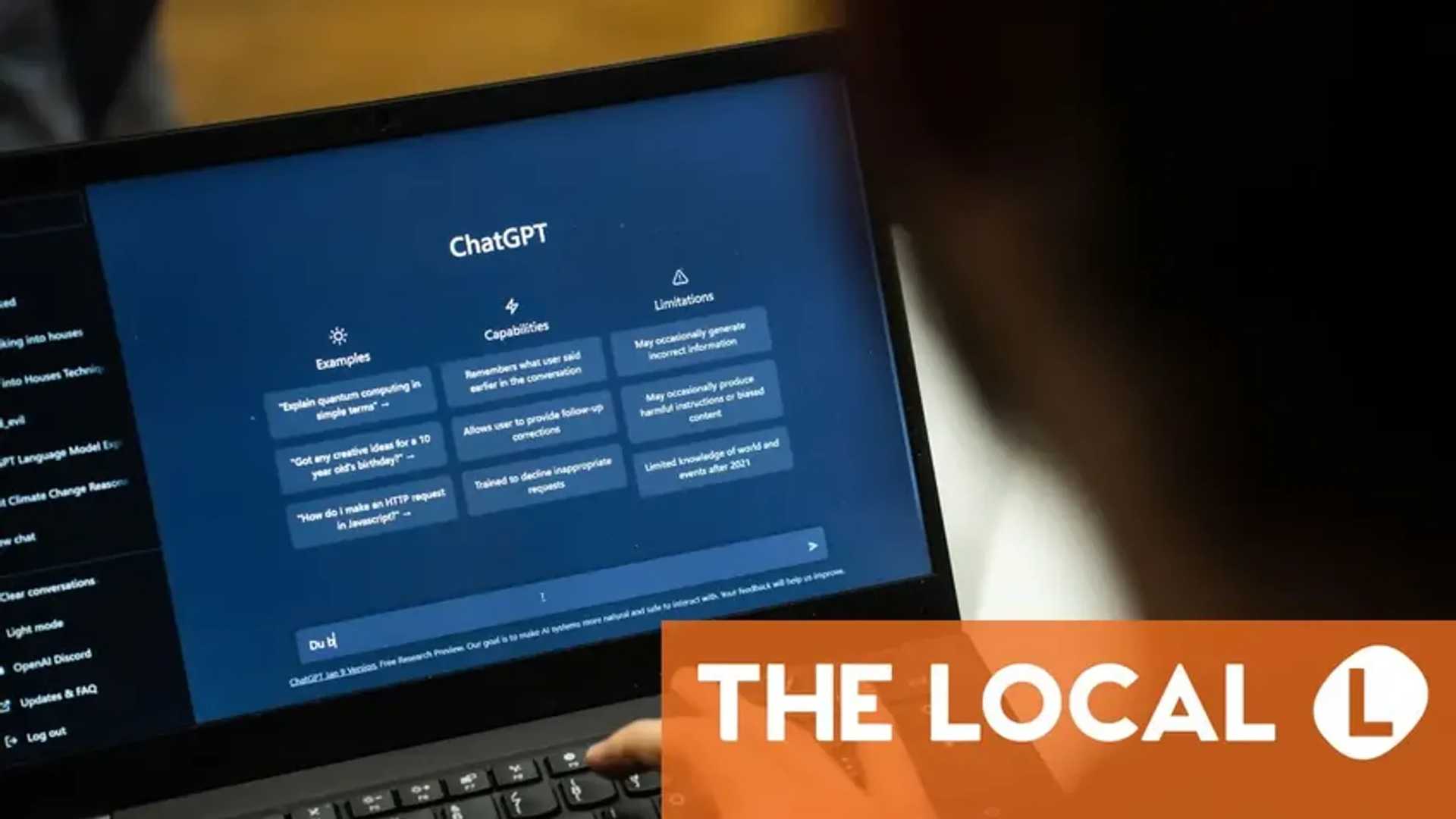FACT CHECK: Is Germany really planning to ban ChatGPT? - The truth behind the rumors
If you've been on the internet at all lately, you're very likely to have heard about ChatGPT, the AI chatbot developed by OpenAI that has stunned people around the globe with its ability to generate human-like text. But with its success has come scrutiny, and the Italian government recently became the first to place a ban on the technology over concerns about data privacy failings. This has led to rumors that Germany is also planning a ChatGPT ban, but the truth is more complicated than that.
What is ChatGPT and why is it controversial?
ChatGPT is an AI chatbot that uses machine learning to generate text that mimics human-generated content. It works by ingesting huge amounts of data, from digital books to online blogs and newspapers, in order to determine patterns in the order of words that relate to certain styles of texts or topics. While it has impressed with its ability to produce formal letters, blog posts, and even song lyrics that feel like near-perfect pastiches of human-generated content, there are concerns over how transparent OpenAI has been about how data is being used.
Italian regulators said that the company had no legal basis that could justify "the mass collection and storage of personal data for the purpose of 'training' the algorithms underlying the operation of the platform". This has put pressure on other countries to follow suit, possibly leading to rumors about Germany's stance on ChatGPT.
What is Germany's stance on ChatGPT?
While a spokesperson for Germany's Federal Commissioner for Data Protection, Ulrich Kelber, initially suggested that Germany could consider an Italy-style ban on the technology, the Ministry for Transport and Digital Affairs has so far rejected a ban on the technology. Instead, a ministry spokesperson said, "We don't need a ban on AI applications, but ways to ensure values such as democracy and transparency."
It's worth noting that the minister in charge of digital regulation, Volker Wissing, is a member of the liberal FDP party, which tends to take a bullish approach to new technology and may be less likely to support a ChatGPT ban.
What about data protection?
The standards for data protection online are currently set out in the EU's General Data Protection Regulation (GDPR), which defines what kind of data companies can collect and how it can be used. However, officials in Brussels are currently working on the world's first-ever legal framework that would set out standards for AI specifically. In the meantime, regulators are looking into the safety of ChatGPT and other AI applications, with some arguing that legitimate interests of the developers often outweigh the protection needs of those affected.
Would a ban on ChatGPT be effective?
In short, no. With Virtual Private Networks (VPN) that allow users to locate their IP anywhere in the world, single-country bans are almost laughably ineffective these days. Moreover, ChatGPT is not the only AI chatbot available, and there are open-source alternatives, such as Alpaca, that people could turn to instead.
While Germany may not be planning to ban ChatGPT, the debate over AI and data protection is far from over. As regulators work to catch up with the technological advancements of our time, it will be interesting to see how the conversation develops.










